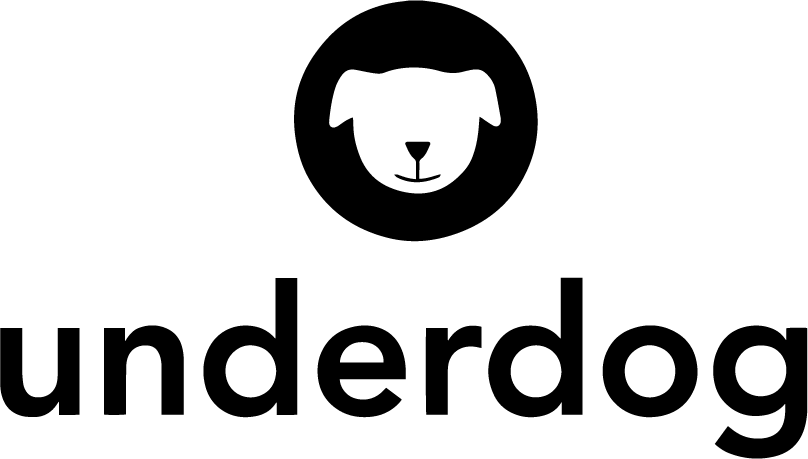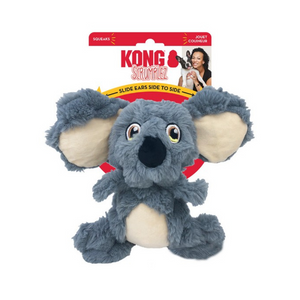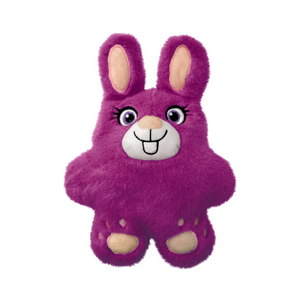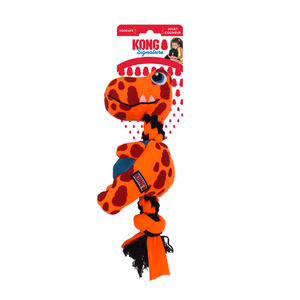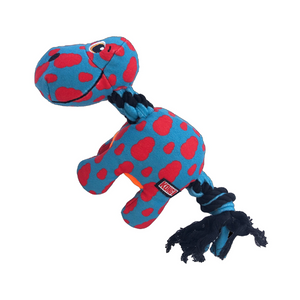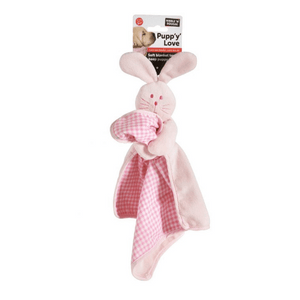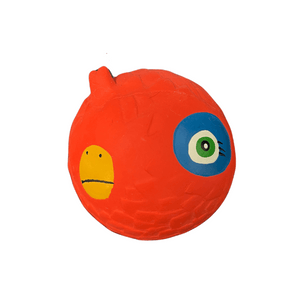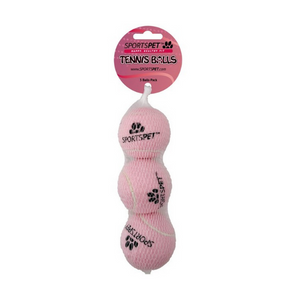How eco-friendly is your choice of pet supplies and foods?

Cop26 will be taking place in Glasgow this year. The conference officially takes place on 31st October with more than 120 world leaders due to attend. As world leaders looks to find ways to reduce greenhouse gas emissions globally in an equitable way, we wanted to share some advice on how you can reduce the carbon footprint of your pet.
What does the Cop stand for?
Cop stands for conference of the parties under 1992 United Nations Framework Convention on Climate Change (UNFCCC). This treaty bound every country on Earth to “avoid dangerous climate change” and World governments have met nearly every year since to forge a global response to the climate crisis.
Why does it matter?
Not one of the G20 Nations is on track to meets its current climate commitments well below 2C. Meanwhile, global greenhouse gas emissions continue to rise, as we approach irreversible tipping points.
Pets, just like ourselves, can be damaging to the environment but we can make better choices reduce are carbon pawprint. We are going to be talking about how we can choose more sustainable dog foods and treats, toys and poo bags when buying pet supplies.
Our environment, far from being threatened by pets, is greatly enriched by the part they play in our lives. The benefits of pets are huge as they encourage social as well as environmental awareness and have positive health benefits on children. Walking dogs is a great form of exercise as well as helping us connect to nature and our surroundings. People with pets even make fewer visits to the doctor – 21% less for elderly people.
But dogs aren't exactly guilt-free, given that an estimated 250,000 tonnes of dog faeces are deposited on our streets and in our parks each year. It is calculated that 100 tonnes of dog poo is left on Richmond Park in London each year alone. Pets such as dogs and cats can have lots of these little impacts, which really do add up.
What can we do as pet owners?
Let’s look at how eco-friendly your choice of dog poo bag is. Dog faeces now account for roughly the same amount of municipal waste as nappies sent to landfill each year so it’s important to reduce our environmental impact when possible.
Have you heard of the term greenwashing?
Greenwashing is a term used to describe marketing techniques to convince us we are making green choices that help the environment when, in fact, they’re not quite as sustainable as they seem.
The words compostable and degradable are used almost interchangeably, but they’re actually very different. Degradable products are often marketed as ‘biodegradable’ and will break down over time, but how long they take to do so can be as long as 1000 years! Not only that, but they will still leave behind fragments of plastic, so they’re not quite as eco-friendly as they may seem.
Compostable, however, means that the product is made of organic material so it will degrade naturally without leaving behind unnatural elements, usually in a matter of between three and six months in the right conditions.
Dog Foods and Treats
It has been reported that it’s best to favour pet foods made from chicken or rabbit. Try to avoid red meats and fish which, by comparison, have a much higher environmental impact. Think feathers and long ears, not horns and fins. Choose brands that use paper or recycled plastic packaging.
Toys
Natural dog toys that are fun, interactive and built to last are the best kind of toys you can buy for your pet. Choose dog toys that are made from natural products such as rope, recycled materials, without plastic packaging so that if they wear they will breakdown more easily if thrown into landfill.



